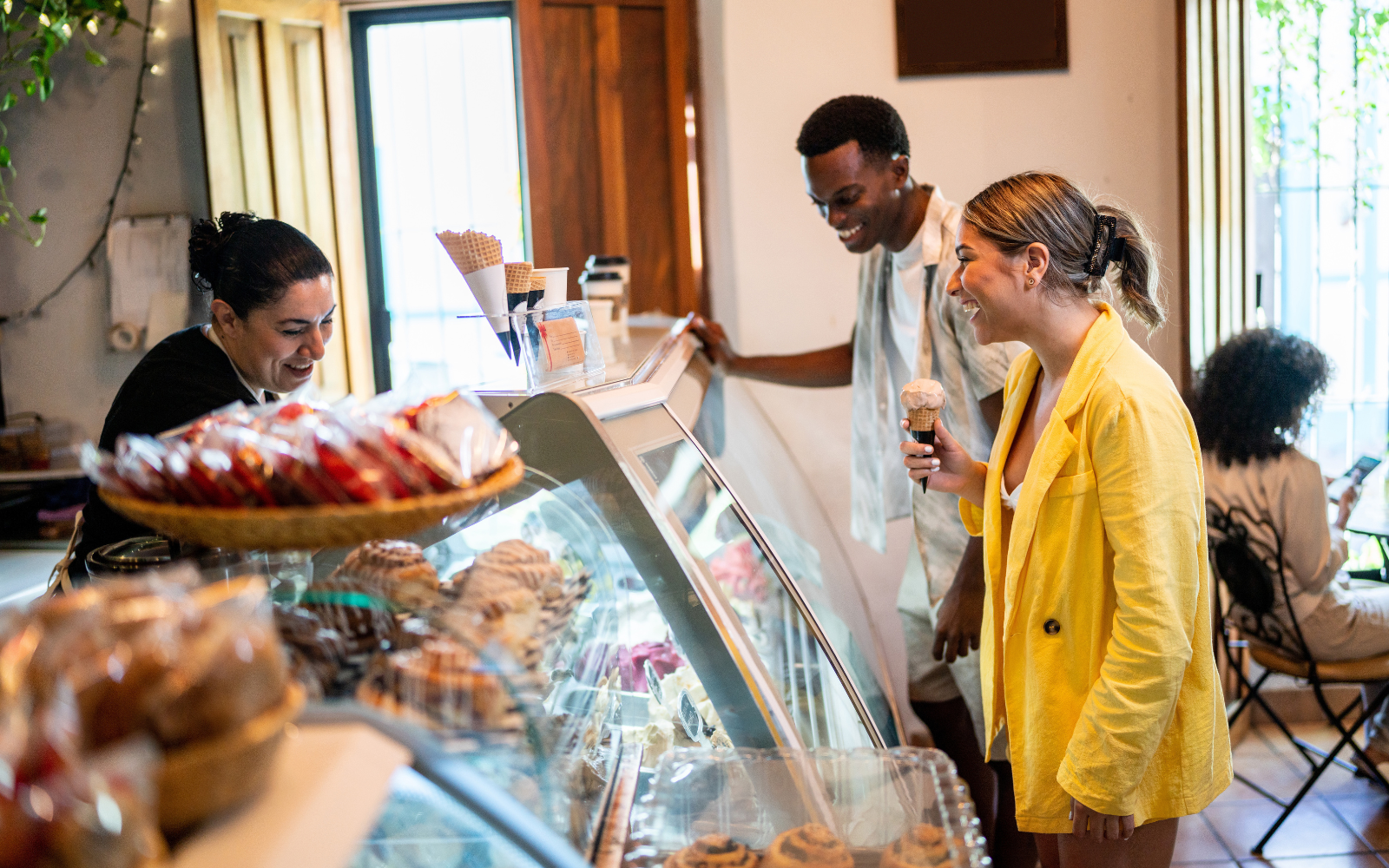What is Customer Loyalty and Why is it So Important?

Okay, so you’re interested in creating a killer loyalty program that customers will find irresistible. First, you need to know exactly what customer loyalty is and why it’s crucial for a business.
Customer loyalty is the likelihood that existing and previous customers continue purchasing from a specific company. In other words, a businesses ability "to keep" customers (Market Business News).
One of the most famous statistics in customer loyalty is the fact that... A 5% increase in customer retention can increase profits by as much as 125% (Bain & Company).
Pair that with Emmet & Mark Murphy’s findings that a2% increase in customer retention has the same effect as cutting costs by 10%, and you should have all the evidence you need as to why customer loyalty is important for any business.
But just in case you’re not convinced, here are five key reasons why customer loyalty should be the number one priority for your business if you wish to thrive.
Want to launch a loyalty program but need a bit of help? Check out our free Digital Loyalty Program Launch Checklist!
1. Repeat Business
The statistics mentioned above illustrate how there’s much more profit to be made in repeat business than brand new shoppers.
Customers who trust your brand and are loyal to your business will keep coming back and spending money on your products rather than taking a gamble on a new brand.
After all, why jump ship when the brand you currently shop with is rewarding you for your loyalty and making you feel appreciated?
2. Higher Spending

Here’s a lesser-known fact about customer loyalty: not only are these existing customers returning to make more purchases with your brand time and time again, but they’re actually spending more per transaction than new customers… an average of 67% more, in fact (Bain & Company).
Once an emotional connection has been established between a brand and a customer, spending typically goes up because there’s an element of trust.
3. Greater Referrals
Loyal customers are happy customers, and happy customers tell their friends about it. The best type of advertising is surely the one you don’t pay for, right?
People love to tell each other about perks, discounts and special treatment they received from a business. So if a loyalty program makes their customers feel like VIPs, they’re more inclined to tell their friends, family and co-workers about it.
An excellent loyalty program will actually reward existing customers for referring new customers.
4. Outshining Competitors

Every customer that’s shopping with you isn’t shopping with your competitors – it’s as simple as that!By incentivising customers to come back for rewards, discounts and special offers, they’re contributing to your brand’s success, not your competitors.
5. Higher Tolerance & Support

Customers who have an ongoing relationship with your brand are proven to be much more forgiving of mix-ups, mistakes made by staff, technical difficulties and other hiccups and setbacks (should they occur).
In actuality, loyal customers generally provide much more honest feedback as they tend to feel more comfortable doing so. Asking them for their feedback is another technique for demonstrating that you value their opinion, and their business.
The average loyal customer is usually happy to act as a sort of “guinea pig” for new products you’re trialling, new systems or marketing strategies that still need the kinks ironed out, and so on.
The Bottom Line? Existing Customers > New Customers!
Simply put, a loyal customer is exponentially more valuable to your business than a one-time customer. So while it’s important to develop strategies for acquiring new customers, it’s essential to also take the time to make sure your existing customers feel appreciated.
These two groups are more linked than you might think – satisfied existing customers will help you acquire new customers. But more on this later in the week!
Many people believe they understand what a loyalty program is. But consider this…
73% of consumers see loyalty programs as a way for brands to show loyalty to their customers, while 66% of marketers perceive loyalty programs to be a way for customers to show their loyalty to a brand (Kitewheel).
Given this confusion over what purpose a loyalty program actually serves, how can anyone implement an effective loyalty program if their motives are the wrong way around?
The trick to designing a well-structured loyalty program is to find that perfect balance between offering attractive rewards that entice your customers, without giving too much away that your business suffers as a result.
The idea is for the program to increase revenue and benefit your customers simultaneously. Speak to our knowledgeable team today about how you can improve your customer relations and monetise on their loyalty.

Enter a few details based on typical customer behaviour to estimate the revenue uplift and ROI a loyalty program could deliver.



%20copy.png)


.webp)